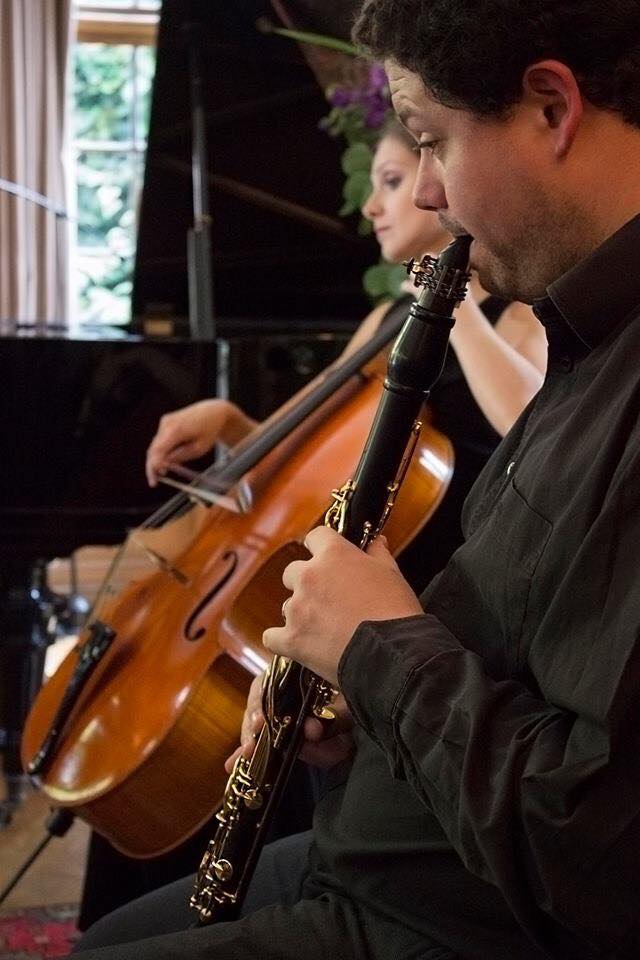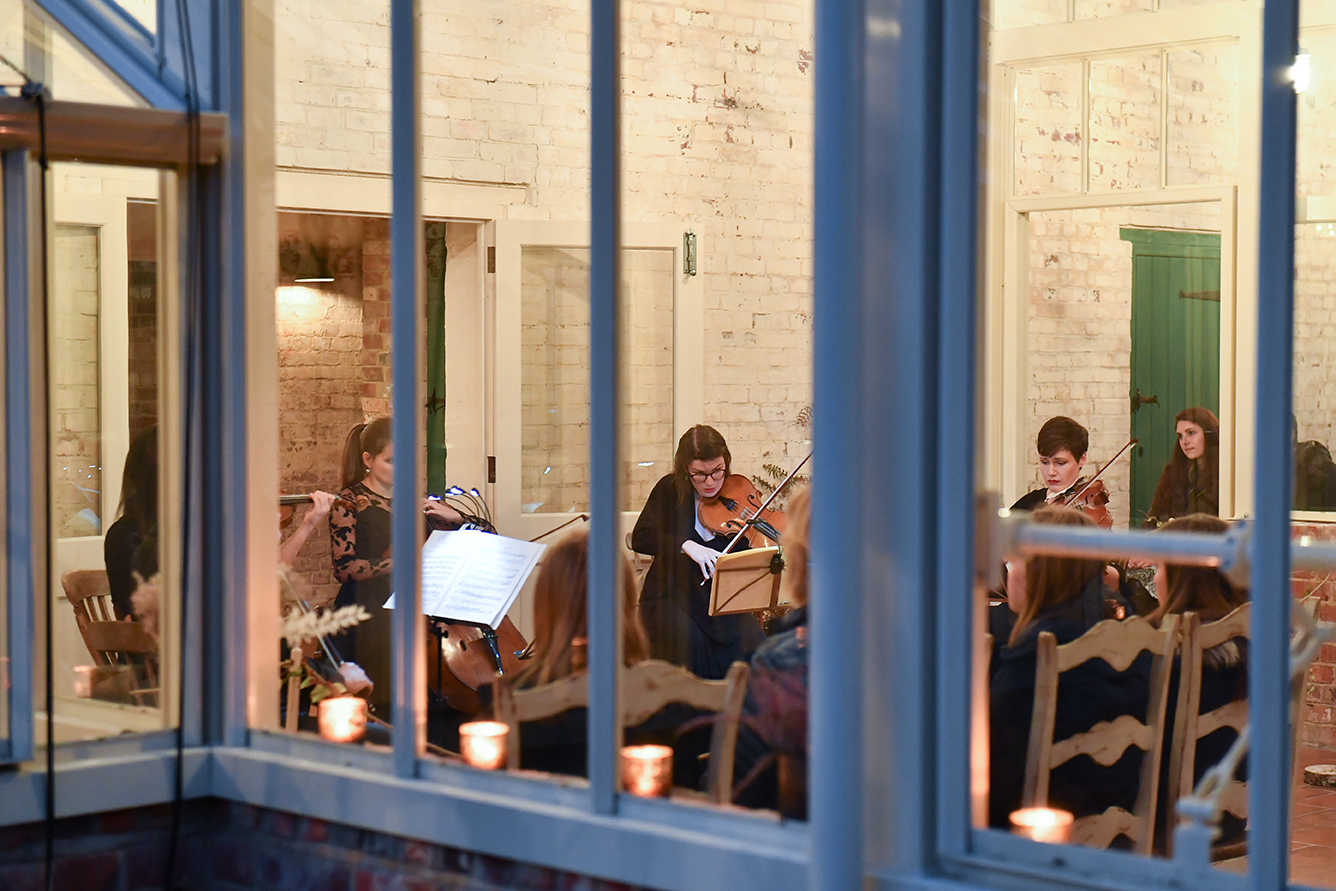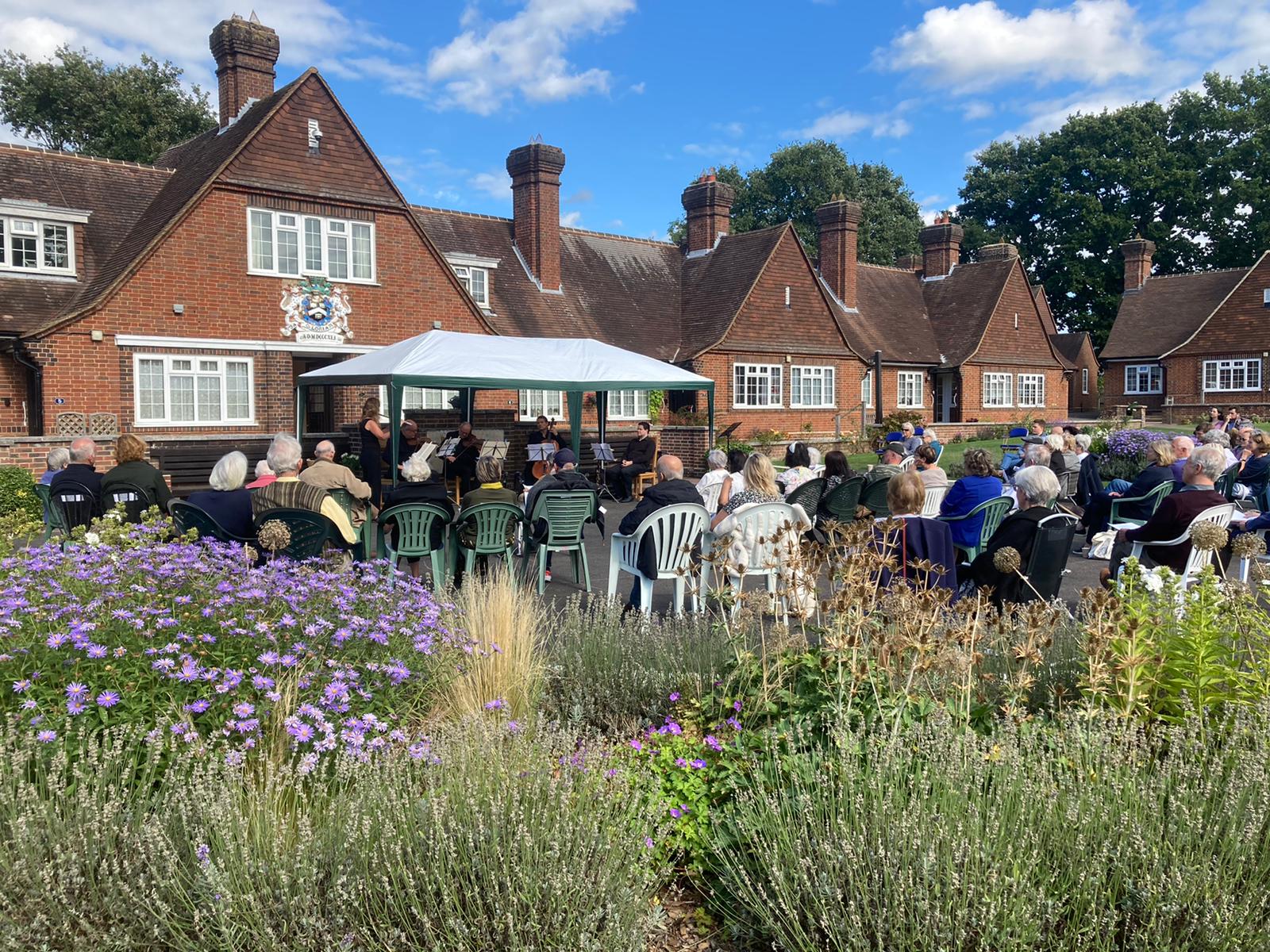One Year Into the Pandemic: What Does the Future Hold for Chamber Music Concerts?
By ChamberMusicBox Founder & Director Julia Morneweg
Exactly one year ago, on 23 March 2020, the UK entered its first Covid-19 lockdown, a week after concert halls across the country had fallen silent. As we remember the many thousands of people lost to the pandemic and give thanks to those who gave – and continue to give – their all in the fight against it, one cannot help but reflect upon the profound impact the last year has had on our lives and the way we live it. Inevitably it begs the question: “Will things ever go back to normal?”.
The arts have been amongst the sectors hardest hit by the varying degrees of restrictions over the last twelve months. Live performances have become an almost distant memory by now. With the vaccine rollout continuing at pace, little glimmers of hope are starting to flare up, but there is no doubt that the challenge we face is far from over. Yet, where there is challenge, there is also opportunity. Is this seminal moment in modern history perhaps the perfect time to take a fresh look at the chamber music landscape in the UK and what its future might look like?
The Pre-Covid Chamber Music Landscape
For decades, the backbone of chamber music performance in the UK have been music societies dotted around the length and breadth of the country. Indeed I had the pleasure of playing for a great many of them during my eleven years as the cellist of the Erato Piano Trio. Run by hugely dedicated volunteers, these societies put on an annual concert season in a local venue, often drawing performers from heavily subsidised young artist schemes that enable concert promoters to engage the cream of young talent at modest cost to themselves. Over the last decade, however, the number of music societies has been diminishing at an alarming rate. Why? The reason most commonly cited to me was the struggle to find a new generation of volunteers to take over the running of the society or club.
Alongside music societies, chamber music lovers could flock to one of the many festivals held – mostly during the summer months – in gorgeous rural locations across the country. The vast majority of these is run by artists themselves, who often have a personal connection to the area.
Lastly there is, of course, London, home to perhaps the world’s greatest pantheon to the art of chamber music: The Wigmore Hall. Whilst the opening of King’s Place in 2008 has certainly added diversity to the capital’s world-class chamber music offering and other long-running series such as the Sunday Concerts at Conway Hall continue to go strong, everyone has been facing broadly the same challenge for years: how to broaden their appeal to new audiences and dispel the myths that chamber music is boring, elitist and for those of a certain age! Despite incentives such as the wonderful scheme run by the Cavatina Chamber Music Trust, which offers free tickets to some of the best chamber music series to those aged 8-25, most promoters have struggled to attract a younger crowd to their concerts. Never will I forget the delight of a music society chairman in Scotland when a group of sixth-formers attended our trio recital after we had done a day of workshops in their school – it was the first time their Cavatina offer had ever been taken up!


A ‘Fresh’ Take on Chamber Music
So when we launched ChamberMusicBox in 2016, the ethos of openness and inclusivity was front and centre of our plans. Based on the veg-box idea that delivers a wonderful variety of high-quality fresh produce from carrots to kohlrabi, we set out to create the chamber music equivalent: internationally-renowned artists from across Europe would perform concerts that weren’t just string quartet or piano trio recitals, but would each feature a variety of formations and styles. All delivered in a one-hour format on a Sunday afternoon that would feel more like the coming-together of a large group of friends than a pilgrimage to a temple of high art. I’m not one for gimmicks and I firmly believe that just about any piece of classical music is accessible to anyone of whatever age or background. Why? Because the music speaks directly to our emotions and humanity. So there would never be any ‘dumbing down’ of repertoire or including some rap or break-dancing (BBC Proms, take note!) to get people through the door. Just a concept and branding that was a little bit away from the slightly antiquated norm. During the pre-concert rehearsal the doors would be wide open, and many people who only had poked their nose into the church to find out where the music was coming from, ended up buying a ticket to hear the concert. We warmly welcomed families with children who would invariably be most enthralled by incredibly complex works. Watching a then not even 4-year-old girl completely fascinated by Prokofiev’s hugely complex Quintet has to be up there amongst my proudest moments!



The Game-Changer Nobody Expected
Then came Covid. From one day to the next all of us had our performance spaces taken away from us. Music suddenly only existed online. Some of the world’s greatest artists were streaming recitals from their living room, free for all to enjoy. For me personally as an artist, playing in an empty space in front of a camera is deeply unnatural. I take my energy on stage from the connection with the audience, from the unique magic that only performing for people in a shared space can give. So as an organisation we took the decision to sit tight and wait for the first possible opportunity to perform for actual people, wherever that may be. (Yuri and I made a slight exception with one little lockdown video from our home that elevated our washing machine to stardom – available here!)
Summer 2020 came, but many venues had decided to stay shut, forcing all of us to find new spaces to perform in. In the case of ChamberMusicBox, the first place was a field in rural Suffolk, only a few miles away from Snape Maltings which was still shut at this point. We pitched up a gazebo, the audience arrived with picnics and camping chairs, and off we went. Other intrepid groups and orchestras used train stations, shopping centres and pretty much any place where live performance was allowed. As the UK became a patchwork quilt of Tiers, we looked for venues wherever the infection rates were low enough to more or less enable us to plan three weeks ahead. We staged another outdoor concert in Sussex, performed in a glasshouse in Surrey and established new residencies in two areas of London and Kent that had had no prior provision of chamber music whatsoever. Bit of a risky strategy? Perhaps. Did it pay off? Hell, yes! After such a long period of deprivation, people’s appetite for live performance was insatiable and whilst the odd performance was happening in London and other big cities, most rural areas were still a post-lockdown cultural desert. So many people who came to our concerts had by no means been regulars to the Wigmore beforehand. Some were in their teens, others in their eighties. Some were very likely dragged to the concert by their spouse who simply wanted to get out of the house, only to leave with a huge smile asking when the next concert would be.
A Land of Opportunity
So this is were I see an incredibly bright future for the art form I love so much and to which I have dedicated my life and career for the last 16 years. The demand for high-quality music that touches people’s hearts is everywhere, in cities, towns and villages up and down the country, yet vast swathes of it have little to no access to it, a situation that was getting steadily worse long before Covid arrived on our shores. The pandemic has forced us as promoters out of our comfort zone and made us completely rethink how chamber music concerts can be delivered. Do they need the formal structure of a music society to exist? No. Do they need to be planned years in advance? No. Is there “a” chamber music audience? No. What we need going forward in order for chamber music as an art form to thrive and to attract large numbers of followers, isn’t gimmicks or ever more online streaming. It is vision, an incredibly open mind and an approach firmly in tune with enthusiastic local communities.
Did you enjoy this blog post? Why not sign up to our mailing list to be kept up to date with new articles, upcoming concert dates and special ticket offers? Click here.

0 Comments